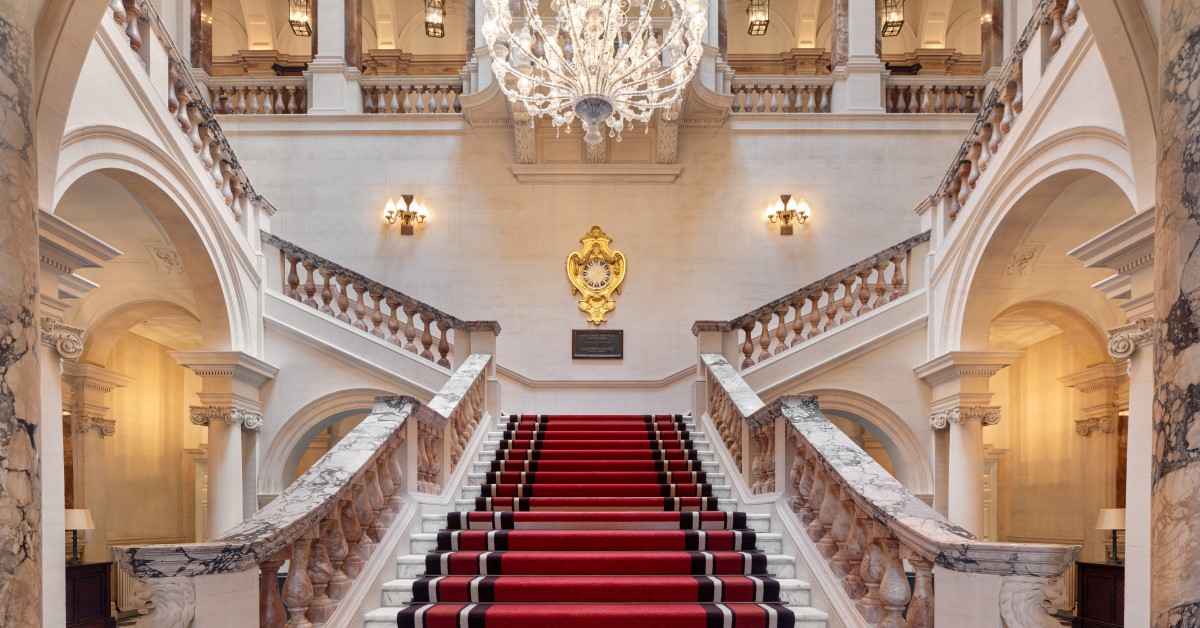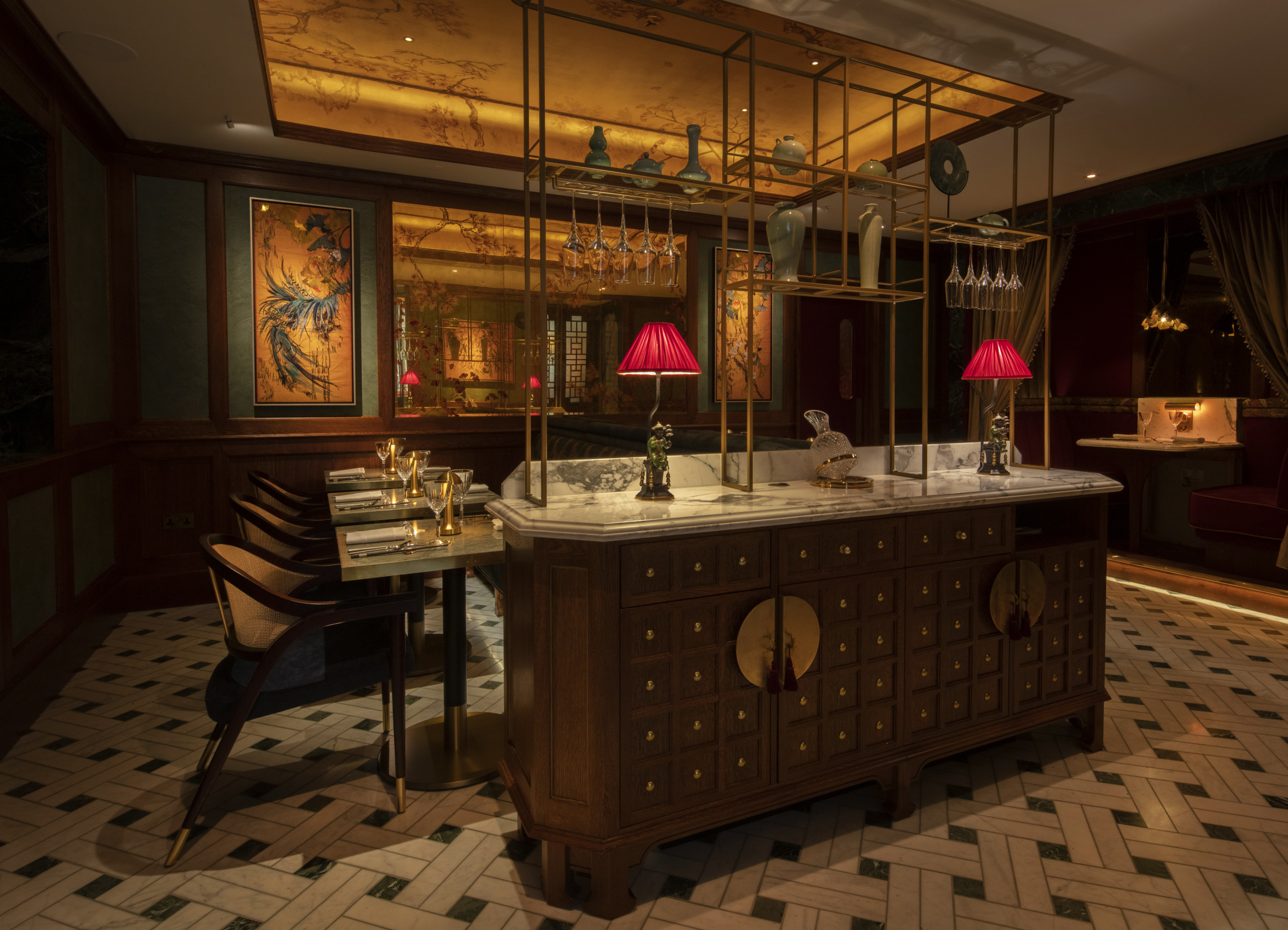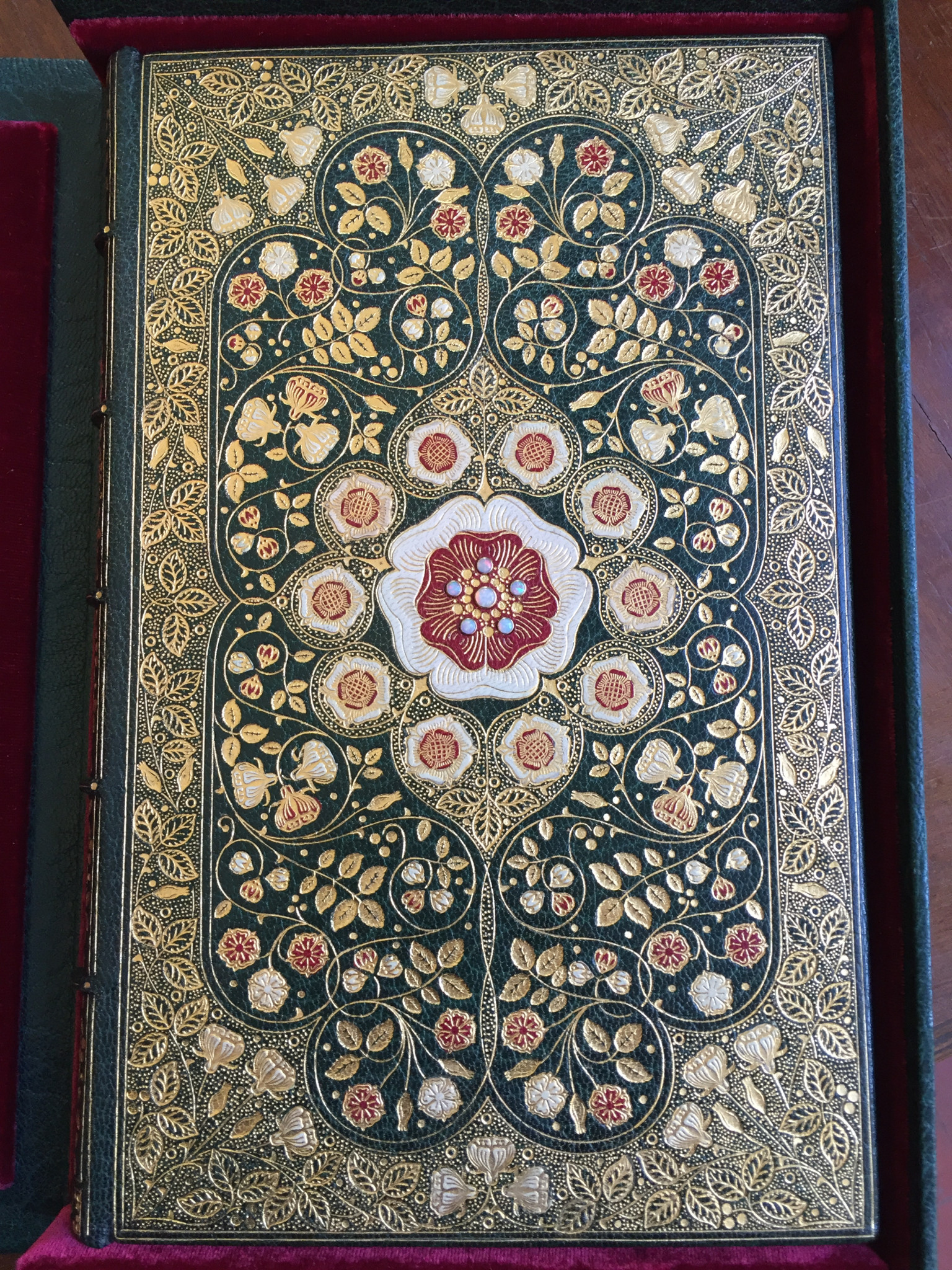
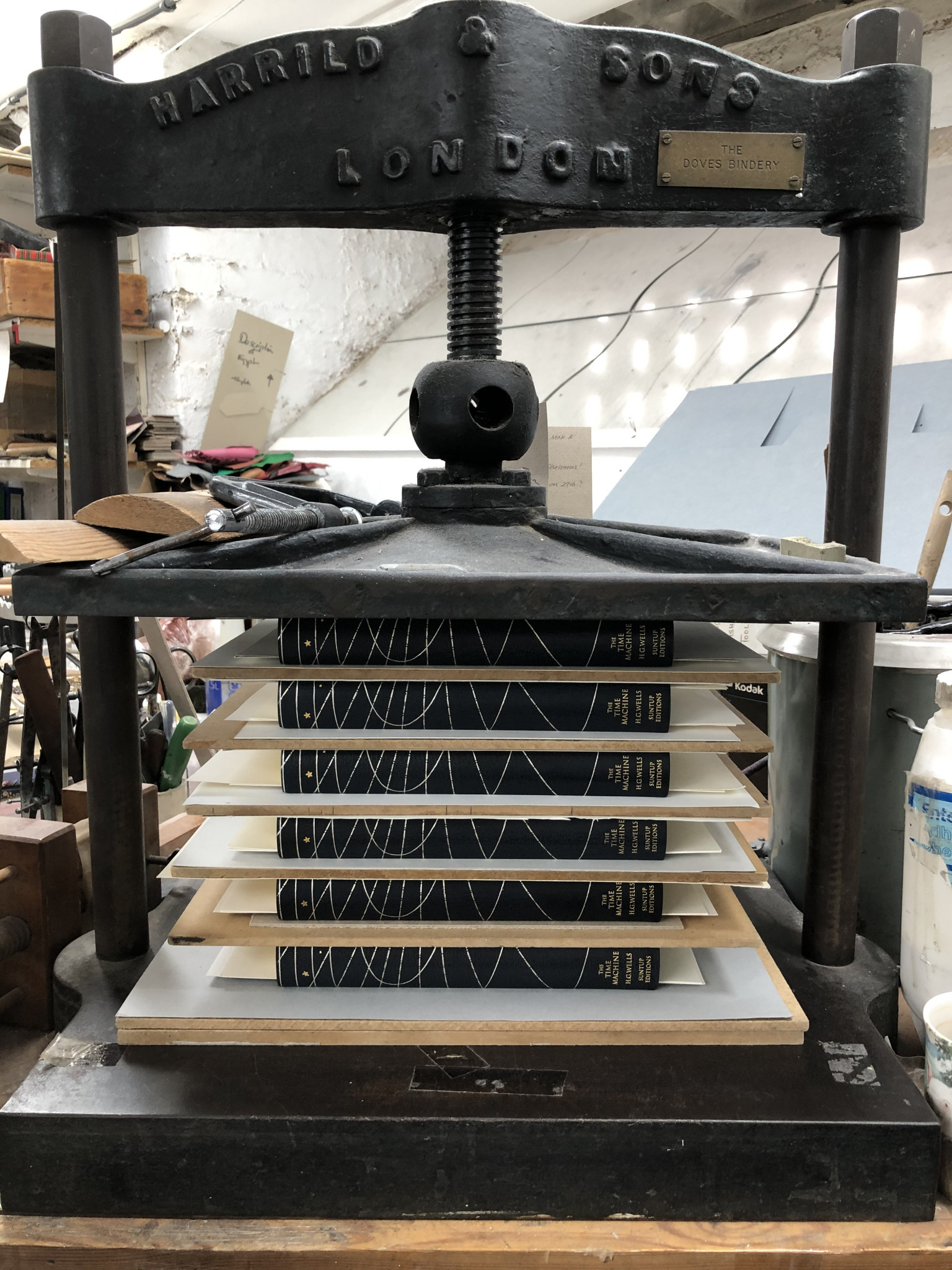
Bookbinding is having its moment in the sun. Whether you are a beginner or looking to a full City & Guilds apprenticeship, Shepherd's is the place to learn the craft
By Alex Briand
An unexpected side of the world grinding to a halt has been rediscovering the simple joy of craft. Time at home for many has meant trying a new skill, or getting around to that project they always wanted to do. It’s a part of the reason that Shepherd’s Bookbinders, a local mecca to an impossibly intricate heritage industry, is thriving.
At its bookbinding atelier on Rochester Row, Shepherd’s binds and restores volumes of massive historical (and emotional) import. Projects have ranged from the restoration of Medieval incunabula to a handmade box to house the first ever Beatles’ contract (signed by two Beatles and two Beatle parents, due to their age). William Blake’s own proof copy of his poems – with handwritten corrections – and a collection of Darwin’s personal books have also passed through its doors.
More personal undertakings are often done as gifts – a leather-bound collection of meaningful letters or emails, for example, or the embossing of a family Bible. “People come in and say, ‘It’s not worth anything, but…,’” says bindery manager Ali Strachan. “But it’s worth something to them. We’ll embrace anything.”
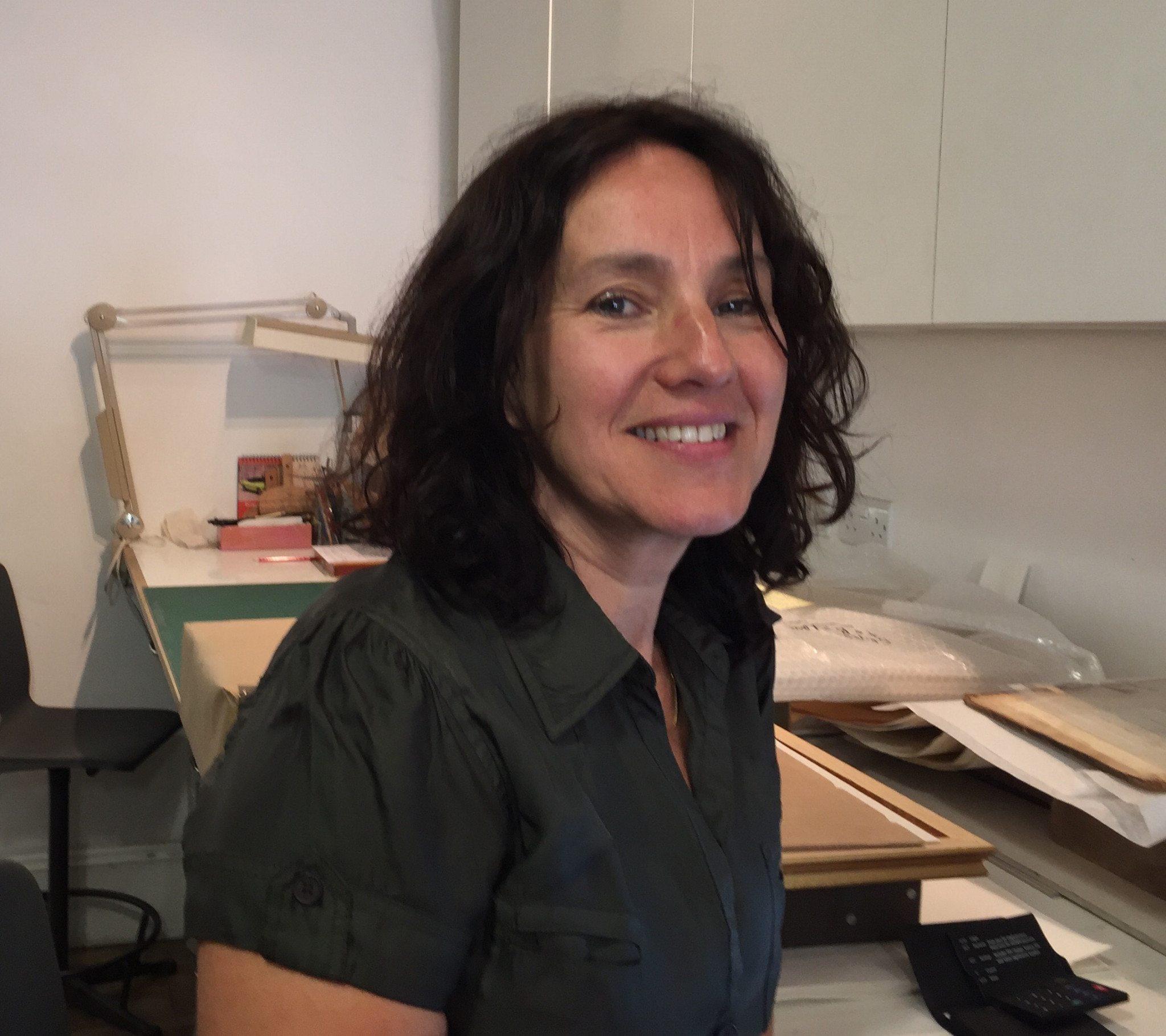
As well as the bookbinder on Rochester Row, Shepherd’s also sells supplies from its Gillingham Street shop, which has sadly remained shuttered for much of the past year. But, says Strachan, “Mail-order has gone stratospheric. They never get to the bottom of the pile.” Clients can choose from 700 shelves containing 3,000 different kinds of paper, as well as bookbinding materials, a beautiful range of handmade stationary, notebooks and boxes. The shop attracts everyone from fine artists to hobbyists, and design students to office workers. It produces a handmade diary every year, with designs and layouts all created in-house, covered in robust Japanese chiyogami paper that’ll withstand the year’s use.
“People love physical things, more and more these days…they appreciate that when something’s handmade, it takes more time and it costs more than something you buy off the shelf.”
People love physical things, more and more these days,” says Strachan. “They appreciate that when something’s handmade, it takes more time and it costs more than something you buy off the shelf. But it’s completely unique.
The shop and workshop don’t have any one kind of customer, any more than they have one main job. “We never know what to expect. I couldn’t really say that we have one core business at all. It’s pretty eclectic, but we never lower our standards.”
Student work, for example, can be very labour-intensive but has to remain at a lower price point. “They often have very, very complex requirements but don’t want to spend much money, as you can understand. But we always say yes, because we’re nice people and we like bookbinding.” That each project here is a labour of love speaks for itself. This team is unparalleled anywhere in the country in its skill and capability.
Rob Shepherd opened his namesake shop on Rochester Row in 1988, and for a while it was a specialised atelier. In 1998, it acquired luxury house Asprey’s in-house bookbinders, Sangorski and Sutcliffe, as well as specialist Zaehnsdorf’s – founded in 1901 and 1842 respectively. (Sangorski and Sutcliffe’s heritage includes jewelled bindings, the most famous of which, with more than 1,000 jewels, went down with the Titanic.)
The team almost tripled in size, and much of the work moved to a new 4,000-square-foot premises just around the corner from where the Tate Modern would soon appear. In 2003, it also took on paper retailer Falkiner Fine Papers.
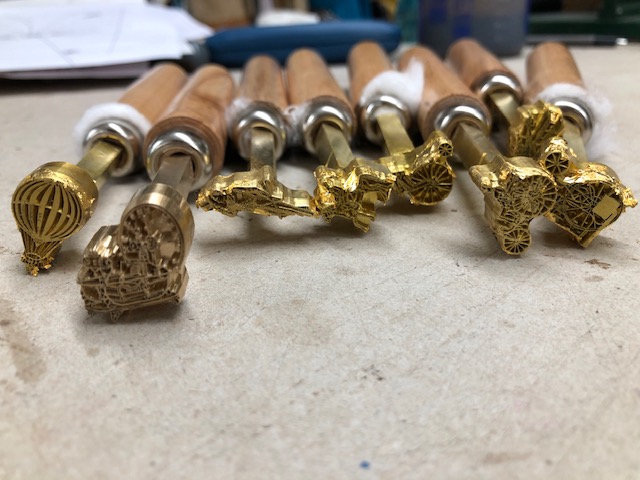
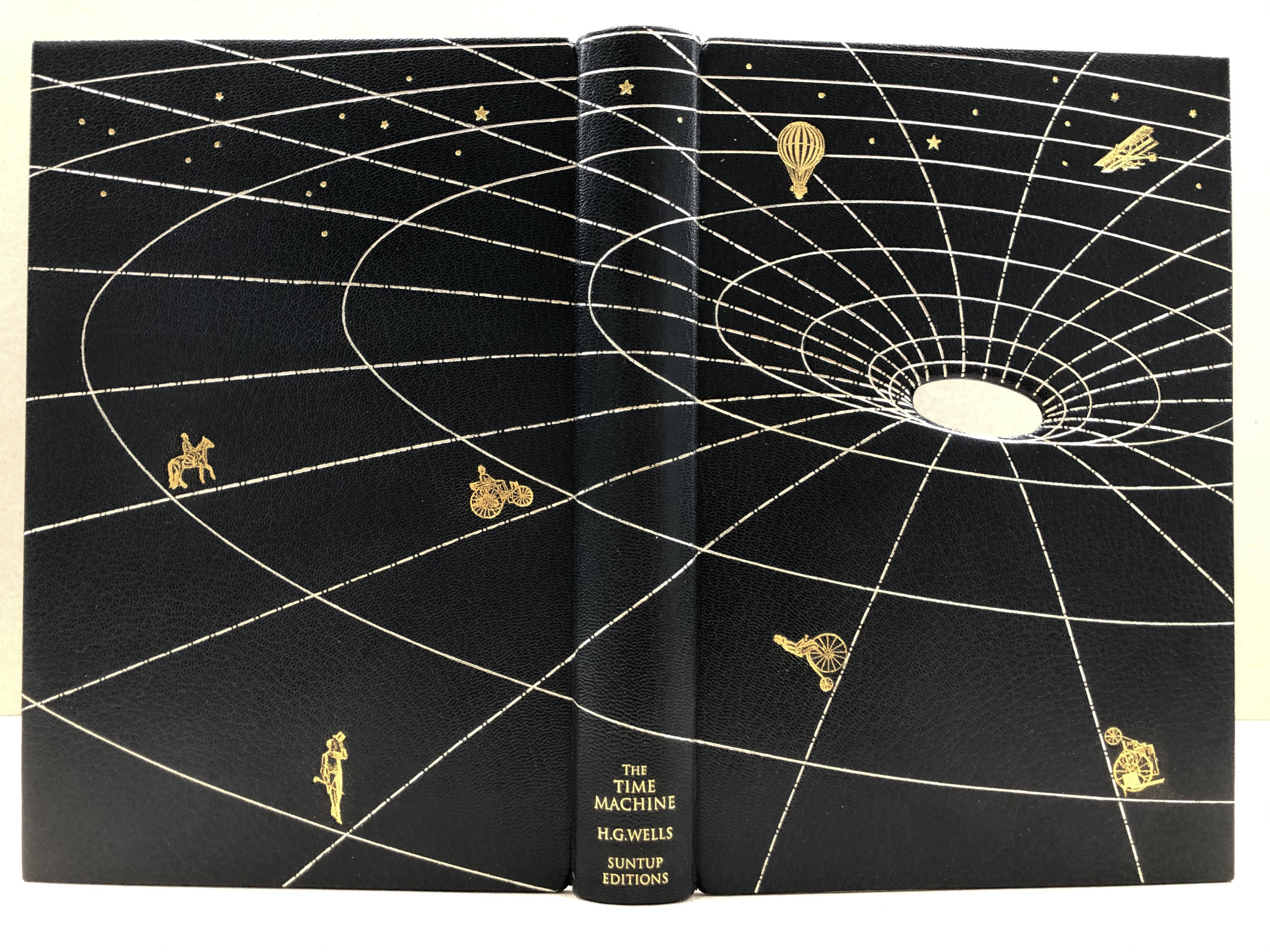
Asprey continued to use Shepherd’s for a time – Strachan particularly recalls an exquisite set of gilt, hand-tooled miniature bindings – but when its book department shut (and due to skyrocketing rents from the Tate), Shepherd’s left its South Bank workshop in 2008.
These days the outfit comprises the Rochester Row city atelier, the Gillingham Street shop, and a peaceful workshop set in a thatched barn in Wiltshire, where spines are sewn, and historic tomes are painstakingly restored. “It’s a really beautiful place. If a bit draughty,” says Strachan.“We don’t have machines apart from a guillotine and a leather-splitting machine, the same as they did in the 18th century. You could take my workforce and put them in the 18th century and they’d say, ‘Well, it’s a bit dark. But apart from that I can get on with it.’”
Shepherd’s runs workshops both in London and at the Wiltshire barn, which have seen a swell in popularity in recent years – from beginners’ bookbinding, paper marbling or box-making all the way to a full City & Guilds apprenticeship.
“Good things take time, and we’re passionate about what we do. It’s such a nice place to work because we all are very interested in the quality of what we’re doing. That’s a very lucky place to be.”

